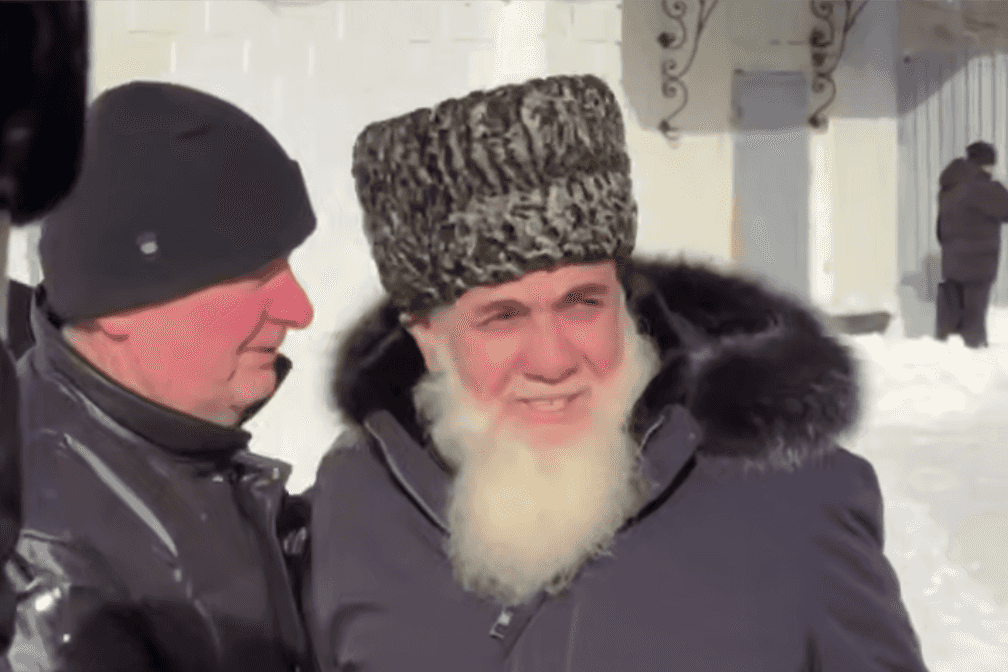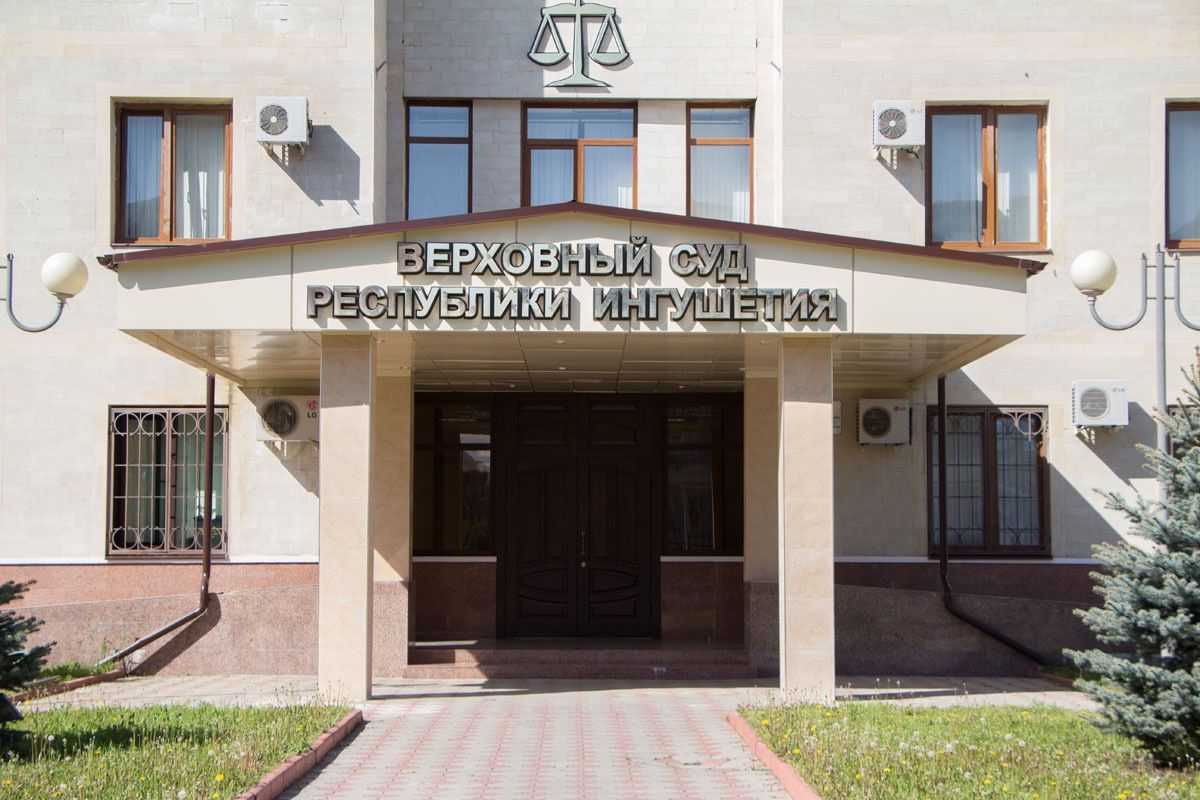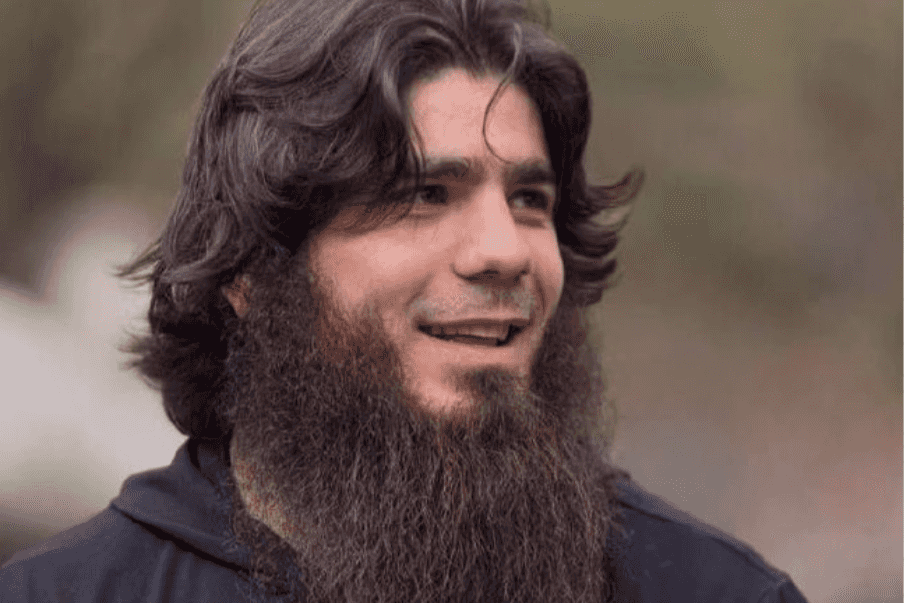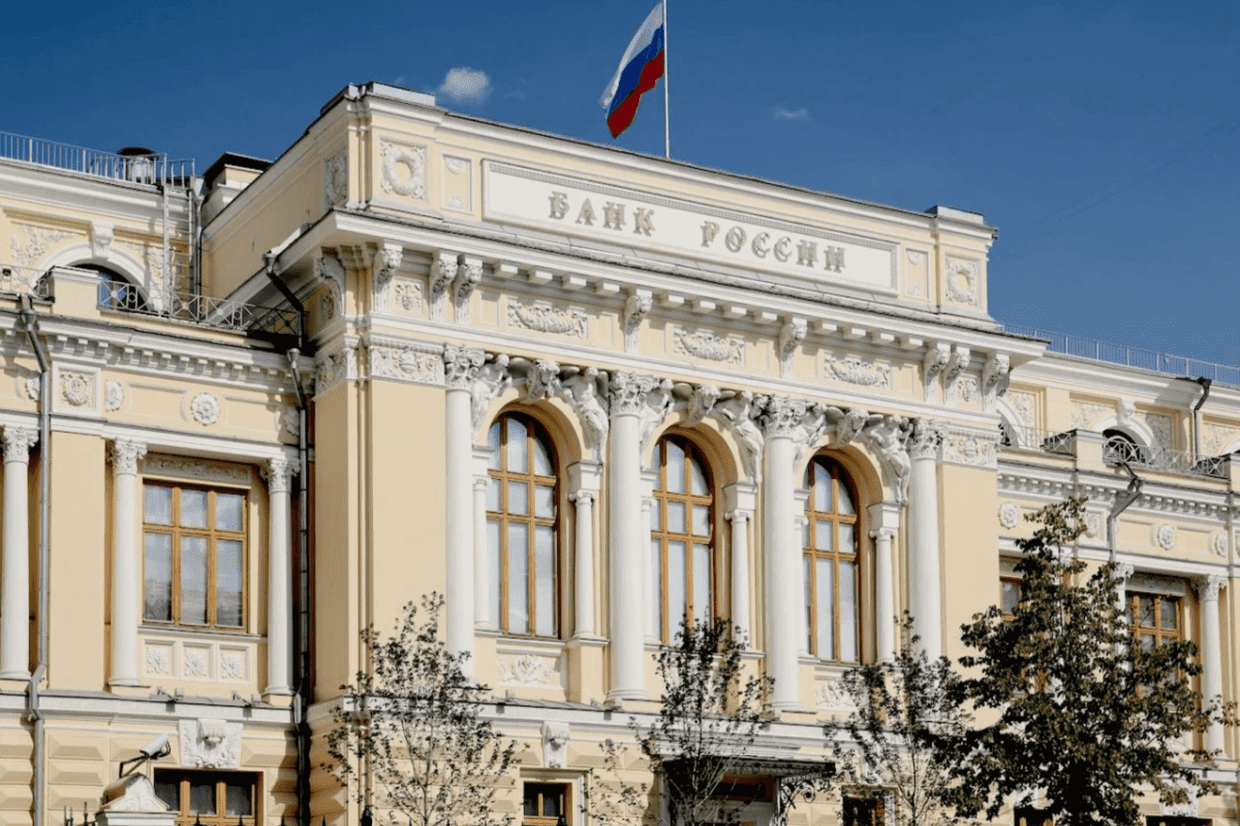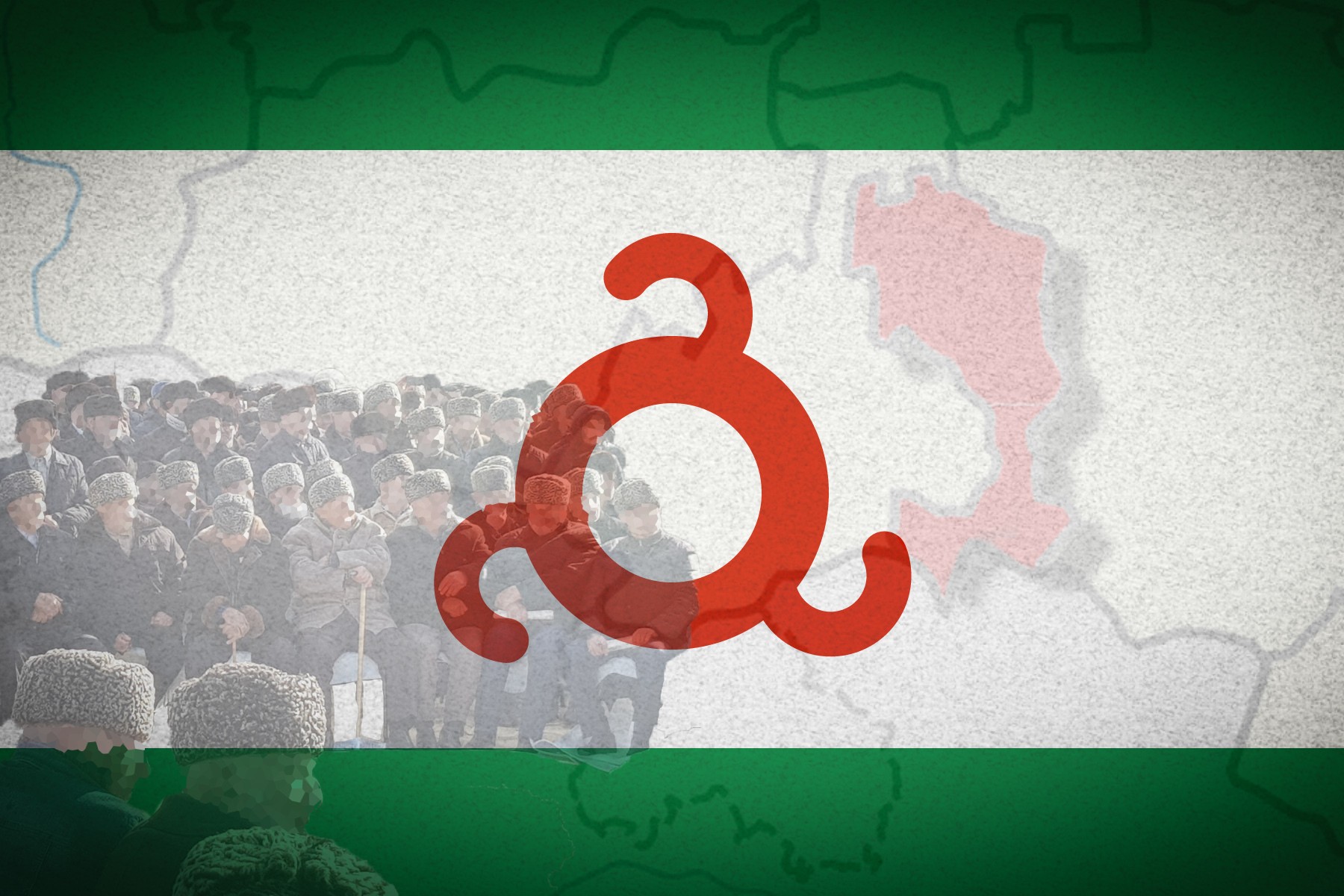
A Russian collapse following their defeat in Ukraine is inevitable, and when it comes, the Ingush are ready to forge their own future.
The words of the Marquis Astolphe de Custine — ‘Russia is a prison of peoples’ — is understandable to the Ingush from the first to the last letter due to our rich prison experience inside a country that has changed names and sizes many times, but has never changed its inhuman essence.
Over 250 years, the Ingush have survived one complete and three partial deportations, during which tens of thousands, a significant proportion of our population, perished in massacres and man-made famines.
The generals in tsarist Russia complained: ‘what right do these savages have to live on such a beautiful land?!’ Russian troops carried out countless punitive expeditions, razing villages and killing people in the thousands.
The communists even declared the Ingush to be enemies of the people, evicting everyone to the last to Siberia and Central Asia.
[Read on OC Media: Opinion | Russia’s death train rolls through Chechnya and Ingushetia]
The 21st century did not bring changes — and the Ingush met the Russians once again in the Chechen wars.
Still today, kidnappings by the security services, extrajudicial executions, and ongoing ‘special operations’ with victims both among civilians and members of the armed resistance continues.
Russia sent Ingush employees to law enforcement agencies to expand the ‘Russian World’ in Georgia, Crimea, and Donbas.
But the last straw for the Ingush was the Russian army mobilisation for the war in Ukraine, when it became apparent that Russia would not emerge victorious from this war, and that this would lead to another collapse of the empire.
The Ingush Independence Committee
The Ingush have already experienced two collapses of Russia in which unpreparedness led to chaos. This time, in December 2022, a group of Ingush emigrants living in Turkey, the EU, and the Middle East decided to prepare for the creation of their state, army, and authorities. On 13 December 2022, the Ingush Independence Committee was born in Istanbul.
It included several dozen people who decided to firmly unite Ingush people of all political views around the idea of developing a free independent state of Ingushetia after the collapse of Russia.
The names of the committee members, except for Ahmad Ozdo, who read out the declaration of independence of Ingushetia in the European Parliament, and press secretary, Ruslan Evloev, are kept strictly secret over safety concerns.
These concerns are not for the safety of the members themselves, but of their relatives in Ingushetia who would be abducted without fail. They would face torture, and, at best, be released after public curses and insults, at worst, their names would join the long list of the missing.
None of the committee came for fame or personal gain, because joining now there is only a risk to life.
Ingushetia has no future in Russia
All decisions in the committee are made collectively, not individually. A decision was also made to form the armed forces of Ingushetia — a general staff was created. It includes Ingush officers who took part in the war in Chechnya and Ingushetia. The process of creating military units is underway.
We have no illusions that the army of Ingushetia will be able to liberate the republic from occupation. The military is being created to protect the population of Ingushetia from external and internal enemies in the face of a gang of Wagnerites, Kadyrovites, and others who have already committed a vast number of war crimes in Ukraine. After the collapse of Russia, Ingushetia would likely be no exception.
Many mistakenly believe that the goal of the committee is to destroy Russia; there are no adequate people who would believe that the smallest territorial republic has the strength to do this.
Russia cannot win the war in Ukraine, but neither Putin nor the Russian people can afford to lose, and they will fight to the last, that is, until their wholly corrupted country collapses. Russia will fall apart independently — anyone can deny this or pretend that nothing will happen anywhere, but not in the national republics.
Because the people of Russia who are alien to this war, who cannot study their native language in schools, who feel like second-class citizens in their country, now have to think about a future without Russia. They must now think about life without serving as cannon fodder for Russian imperialism, because their future is not in Russia, and not with Russia.
‘They demand to keep everything as it was’
But even many of the ‘good Russians’ among those who oppose Putin and his regime do not want to hear and understand this.
So I debated with the Russian opposition within the walls of the Hudson Institute in Washington at the Free Nations of PostRussia Forum, where I was authorised to represent the Ingush Independence Committee.
They demanded to keep everything as it was — Russia within the borders of 1991. I have not heard what they will do with Abkhazia, South Ossetia, or Transnistria, but I believe there they will insist on the will of the people. Still, they consider any expression of the will of the peoples of Russia exclusively as ‘separatism’.
Neither the Kremlin nor the Russian opposition is willing to listen and accept that we, and thousands of others in Russia, are tired of them.
The most important thing that those ‘good Russians’ cannot understand is that for us, life under their domination in all spheres, with another state collapse every hundred years or so — this is not our choice.
And it is unlikely that you will find a people on earth who would like to live in a state where in one century, God and private property are abolished, in the next we are a stronghold of Orthodoxy with a leader richer than a hundred Arab sheikhs.
It looks like madness, but the Russian opposition is again promising us a ‘beautiful Russia of the future’ with the same zeal and passion with which the Bolsheviks promised communism a hundred years ago, and 200 years ago, the tsarist generals told us that a civilised life awaits us in a slave-owning empire full of blessings and prosperity.
We have no connection with the Russians
The non-Russian peoples of Russia are unlikely to find common ground with the Russians, because the Russians need an empire, but we do not.
The Ingush, the Chechens, the Daghestanis, or the Yakuts with the Bashkirs are not interested and do not need the occupation of Crimea or Donbas, control over Transnistria, and neighbouring peoples who speak their language and celebrate 9 May.
Socially and culturally, Azerbaijan is closer and more understandable to us. We are closer to Georgia, where people think about a future vacation, repairing a house, or buying a new car, not about whether Wagner will capture Bakhmut and then how to celebrate this war crime as a victory.
The history of the Ingush in tsarist, communist, or ‘democratic’ Russia is one big criminal case against Russia in its crimes against the Ingush people, whose only fault is their unwillingness to die out or to be part of a state of the Russian people, obedient to the Kremlin.
The Committee of Ingush Independence today speaks from the side of civilisation, a normal economy, and the rule of law, which will have to be established in Ingushetia to replace the imperialism, corruption, and other components of the Russian world.


